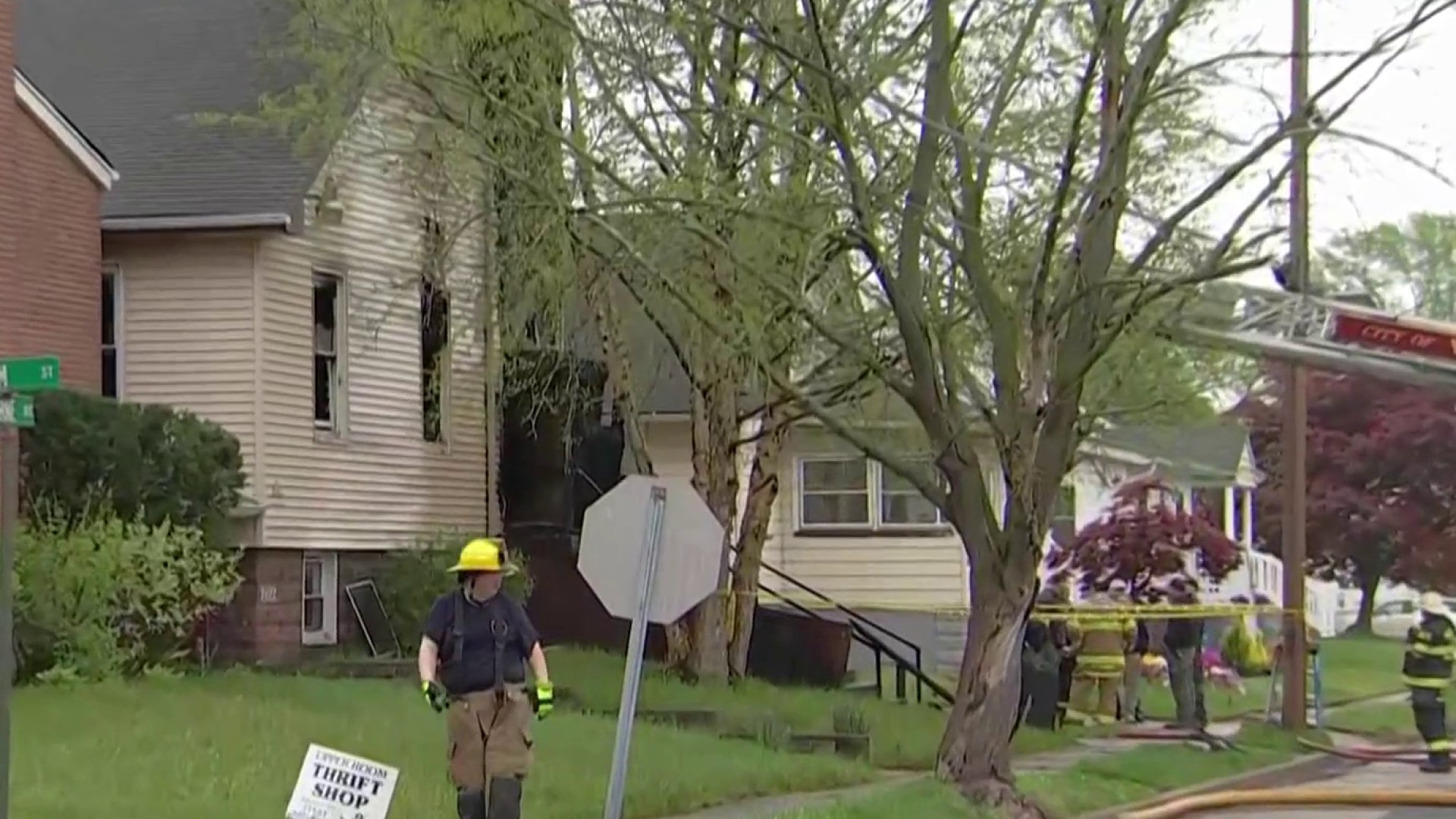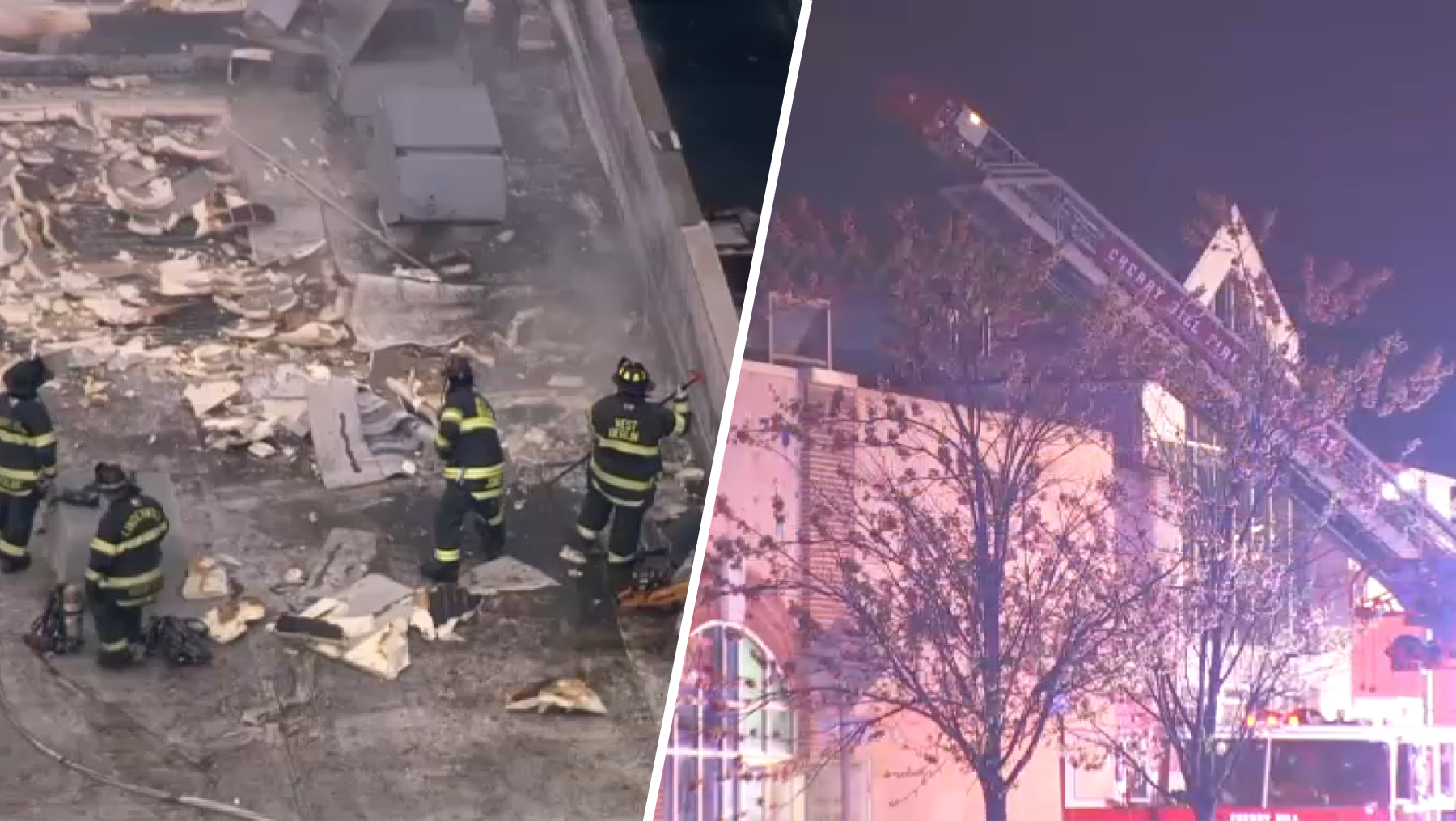After a yearslong fight, a plan to restructure $360 million in crushing debt tied to a municipal trash incinerator owned by Pennsylvania's financially troubled capital city took effect Monday, a state-appointed receiver told the judge overseeing the complex transactions and agreements.
Threats to take Harrisburg into bankruptcy, accusations of wrongdoing, a power play by Gov. Tom Corbett and state lawmakers and hundreds of millions of dollars in wire transfers led up to the court filing.
In it, receiver William Lynch said the plan's asset transactions, settlement agreements and payments were executed.
Commonwealth Court Judge Bonnie Brigance Leadbetter had approved the plan in September, calling it the city's best chance in a long time to get its fiscal house in order. Corbett, who appointed Lynch and backed a 2011 law unleashing the unprecedented state takeover of Harrisburg, said the restructuring was the product of cooperation.
"As cities throughout the country face dire fiscal emergencies, we have never given up on Harrisburg and its people," Corbett said in a statement.
Under the plan, the Lancaster County Solid Waste Management Authority bought Harrisburg's debt-laden municipal trash incinerator for nearly $130 million, although it is getting $8 million from the Harrisburg city authority that is selling it and $8 million from the state government.
The recovery plan also calls for about $283 million in low-cost borrowing by a state economic development agency to be repaid with money from the city's parking lots, garages and meters.
The city's labor unions, meanwhile, are making concessions to help the city balance its budgets, and creditors have agreed to walk away from potentially more than $100 million.
For years, Harrisburg was dogged by the incinerator debt and had developed no plan to repay it.
One-third of its population lives below the federal poverty line, residents pay among the highest trash-disposal rates in the nation and the facility couldn't generate nearly enough money to pay the debt.
Harrisburg already had piled $100 million in debt onto the incinerator by 2003 when the City Council approved an expensive retrofit of the aging and polluting facility as an alternative to shutting it down. However, the retrofit went awry and took much longer and became much more expensive than originally forecast.
Auditors last year pointed the finger at state officials and a variety of consultants and lawyers advising the city.
They should have known that neither incinerator revenue nor city taxpayers would be able to cover the debt, they undertook no intensive study of whether the project made economic sense and they pushed the boundaries of state laws that address municipal debt financing, the auditors said.
Local
Breaking news and the stories that matter to your neighborhood.
In 2011, with the City Council unreceptive to any solution that did not involve concessions by lenders, Corbett and state lawmakers barred Harrisburg from seeking bankruptcy. They then engineered the takeover of the city after the City Council rejected a state consultant's recovery plan.
An October 2011 petition by a divided City Council to seek federal bankruptcy court protection was subsequently dismissed.



